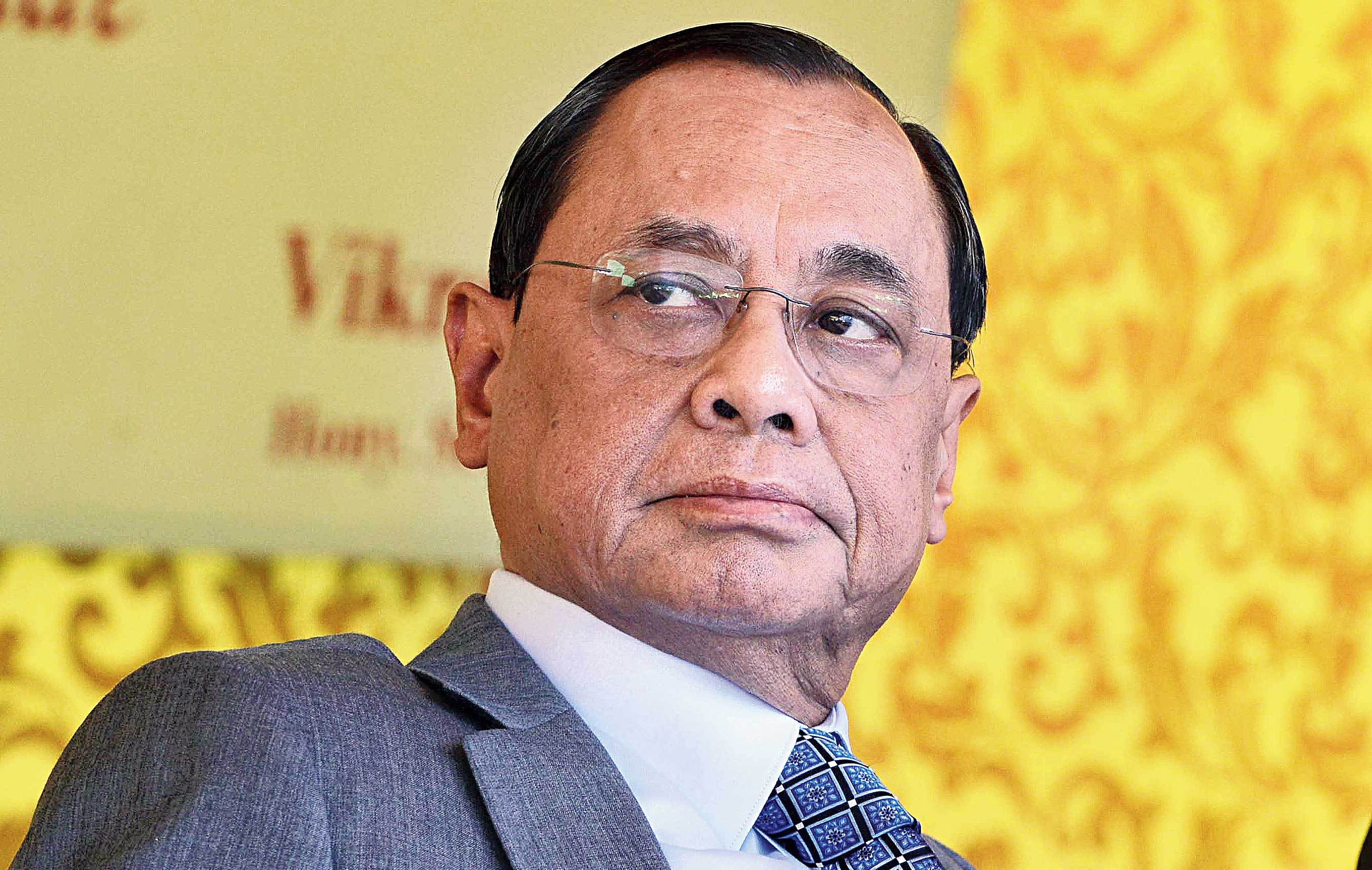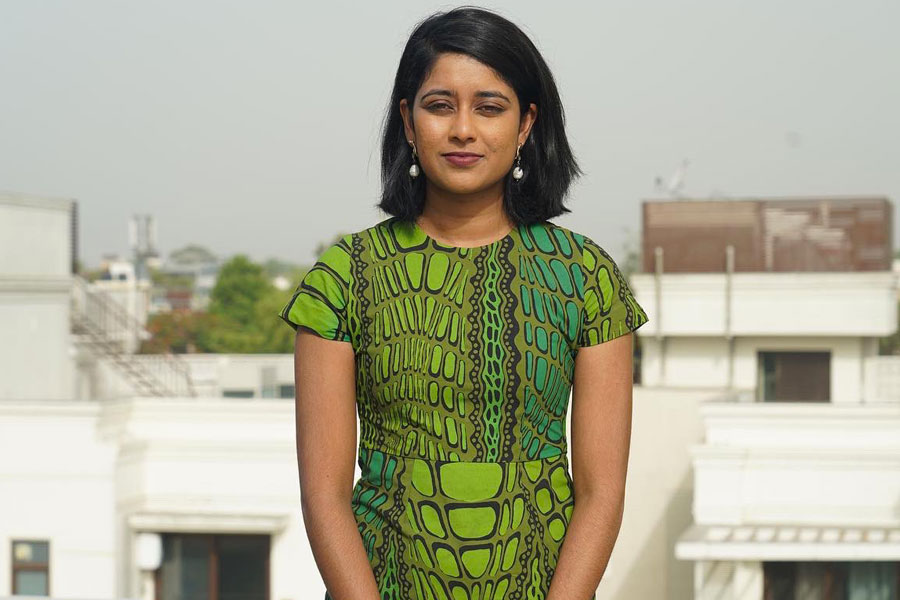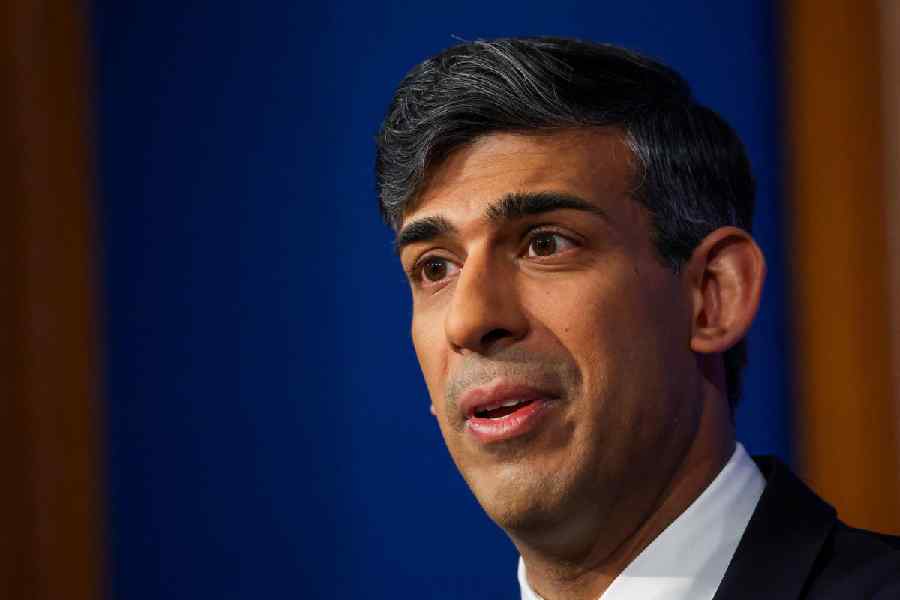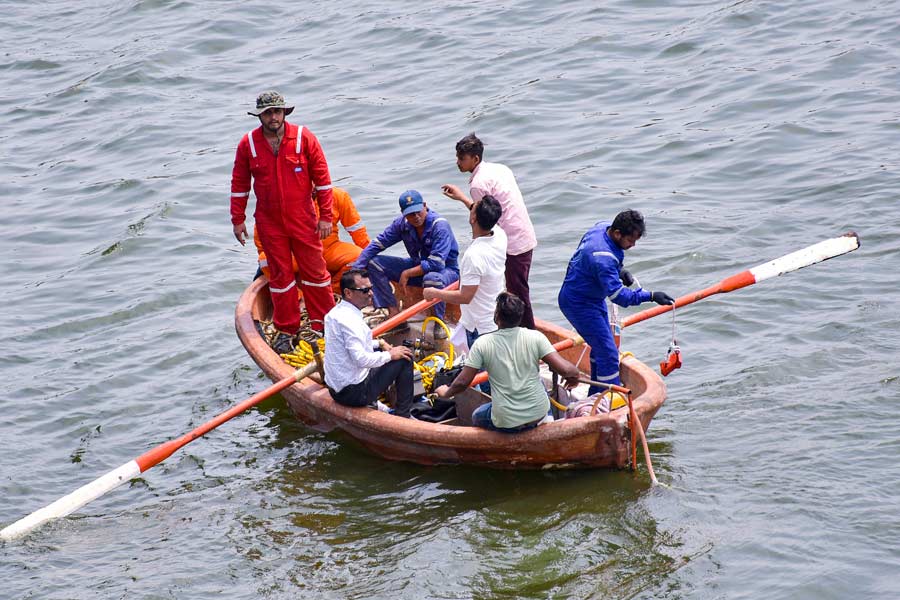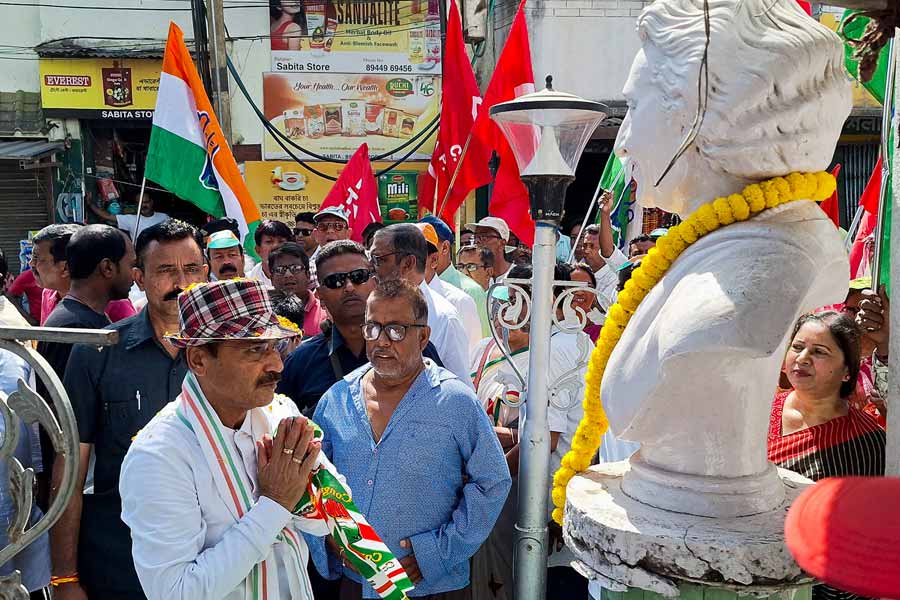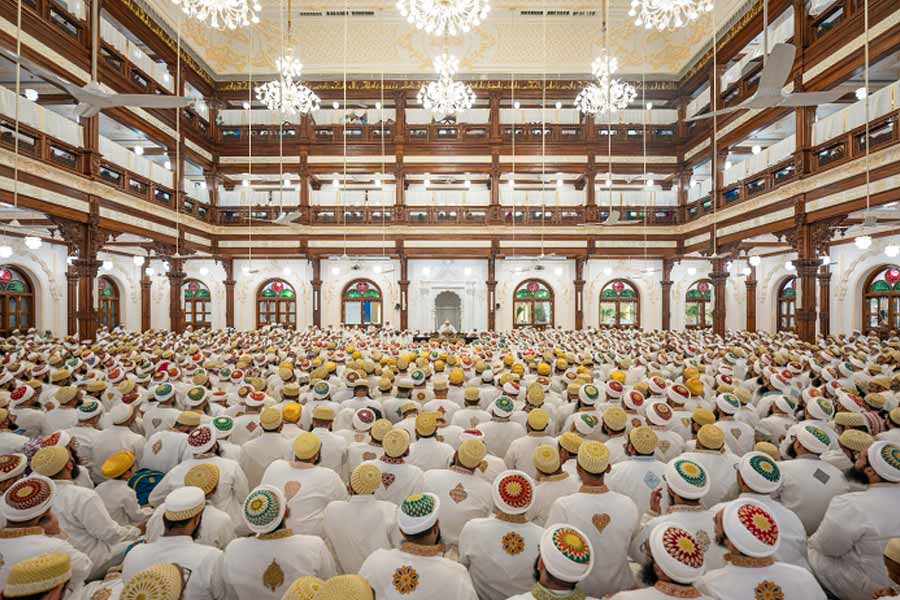The Chief Justice of India will preside over a vacation bench for the first time in the history of the Supreme Court, which will ensure that the senior-most judge would be available in case any post-poll situation requires his attention.
According to convention, such benches are run by relatively junior judges during the summer and Christmas breaks of the Supreme Court. The five senior-most judges, including the Chief Justice, have never sat on vacation benches.
But during this year’s summer break, Chief Justice Ranjan Gogoi will head the vacation bench from May 25 to 30. Justice M.R. Shah will be the other judge on the vacation bench.
Almost a week ago, a circular issued by the Supreme Court registry had listed matters of “general public importance” among seven issues that qualify as urgent and fit for taking up during the vacation.
If any dispute arises relating to post-poll developments — for instance, involving the counting or government formation — it would fall in the category of “general public importance”. However, if the election throws up a clear verdict on May 23, the possibility of such disputes arising will diminish.
According to rules, the verdict of the Supreme Court is final if the President’s decision on a hung Parliament is challenged.
Judicial officers close to the Chief Justice told The Telegraph that the top judge’s presence on the vacation bench was linked to the possibility of having to handle sensitive post-poll scenarios. The CJI has the power to form a constitution bench of five judges to deal with urgent matters, if necessary.
During the 2017 summer break, then Chief Justice J.S. Khehar had constituted three constitution benches to deal with the issues of the instant triple talaq, WhatsApp privacy and Bangladeshi infiltrators. However, Justice Khehar was not part of any of the vacation benches.
During the May-June summer vacation in 2015, a five-judge constitution bench had heard, over several days, a controversy relating to the National Judicial Appointments Commission set up by the NDA government. The commission was struck down as unconstitutional in October that year.
In its circular of May 10, 2019, the Supreme Court registry had laid down the norms and guidelines for the listing of urgent matters during the summer vacation, which began on May 13 and will continue till June 30. These are:
- Every matter to be moved before the vacation court should be accompanied by an affidavit, indicating all the material facts necessary for the formation of opinion about its urgency.
- The required material facts and particulars should invariably include the nature of the matter, the date of the impugned order, if any, the reason for not filing it before the vacation, the latest date up to which the matter can be heard in view of the indicated urgency, and the nature of the interim order sought.
- No matter shall be entertained and considered for listing before the vacation judges unless it is, inter alia, accompanied by an affidavit that is sufficient to indicate the urgency for it being heard.
According to the circular, the following matters shall be treated as urgent and fit for listing during the vacation:
- Cases in which the death penalty has been pronounced.
- Habeas corpus petitions and those relating to apprehensions of demolition of property.
- Dispossession and eviction.
- Issues of “general public importance”.
- Anticipatory bail and normal bails.
- Cases where the jail term ranges from one year to life imprisonment.
- Service matters relating to transfers and dismissals.

